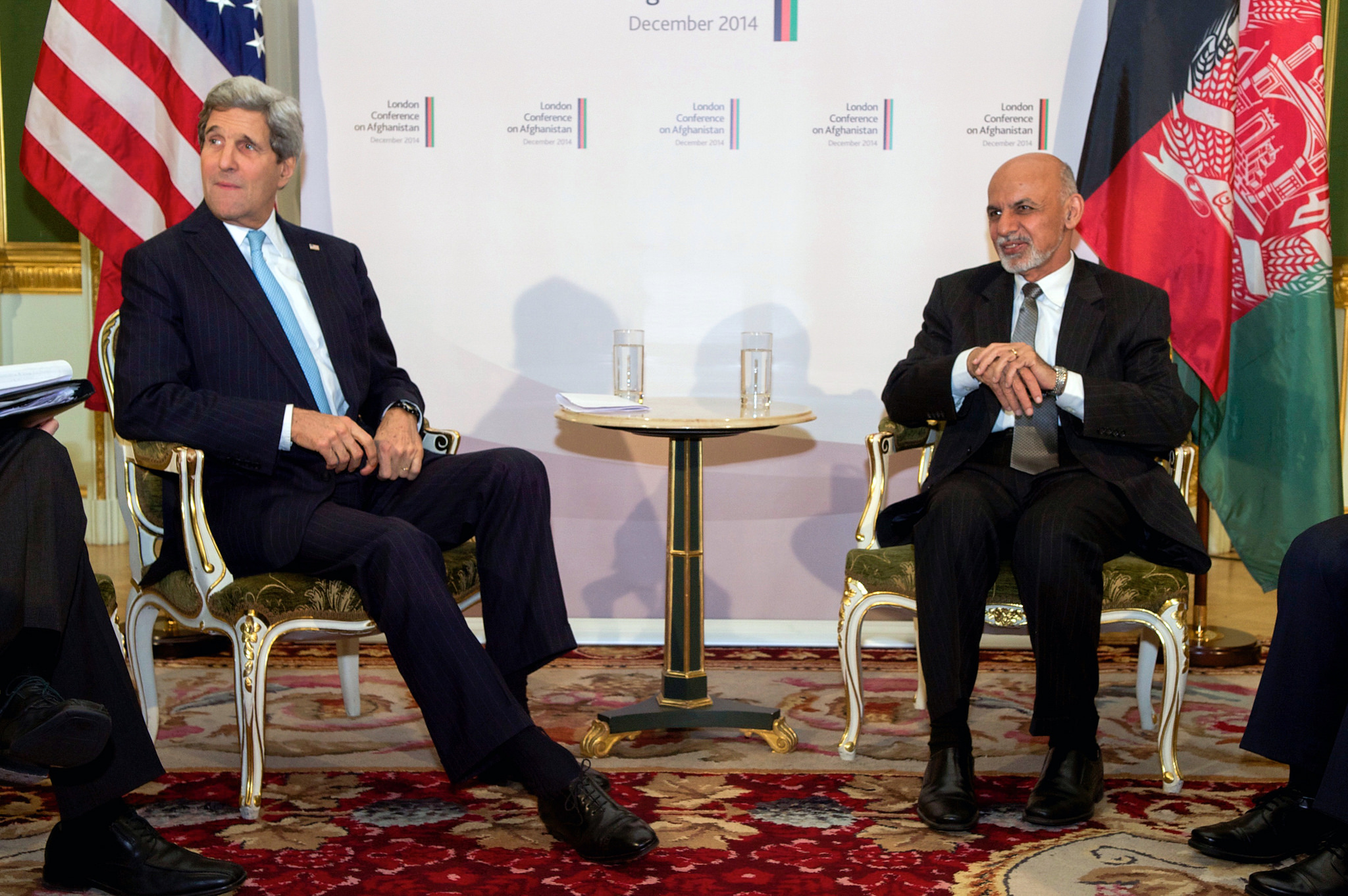On May 25th the Syrian Army and its thugs killed over a hundred civilians in the town of Houla. What was most shocking and puzzling is that most of the victims were women and children, many shot at point blank range. Most attribute this massacre to the brutality and heartlessness of the Assad regime. This is true. But it is also part of a very rational strategy designed to help Assad maintain himself in power.
How could killing women and children help Assad stay in power? The answer is fairly simple. The game Assad is playing is a game of intimidation. Assad wins if he can convince Syrian citizens – especially those whose sympathies lie with the rebels – that he is able to kill any individual who does not fully support him. This game of intimidation is especially important in areas believed to be rebel strongholds. Houla sits in exactly one of these areas. If Assad can convince Syrian citizens that he can still identify and kill dissenters even in these anti-government regions, then average citizens will be less likely to support the opposition and the rebellion will weaken as a result.
So when does Assad lose? Assad loses if citizens believe that he is no longer willing or able to punish dissent. Assad will no longer be willing to massacre innocent civilians if the international community punishes him as a result. And he will no longer be able to kill women and children if the opposition can consolidate its control over certain pieces of territory and protect the population. Once the population understand this, their support for the opposition should increase, and Assad’s hold on power should precipitously erode.
What can we expect in the future? Assad’s incentives to engage in civilian atrocities will increase as his hold on power becomes more tenuous. The greater the number of Syrians who question his staying power, the more important it becomes for him to prove his control. Killing civilians in areas supposedly controlled by the rebels is a relatively cheap and easy way for Assad to signal that he is still strong. The more civilians he can scare, the more passive they will be, and the longer Assad can hold onto power. Whether the plan works will depend on the information the rebels are able to communicate in return and whether they are able to convince the population that they will be protected from additional attacks. If the rebels can do that, they can undercut Assad’s strategy and convince Syrians to side with them. If not, we should expect Assad to pursue additional massacres, especially in areas where the opposition is making the greatest gains.







0 comments
This is a interesting analysis; thank u